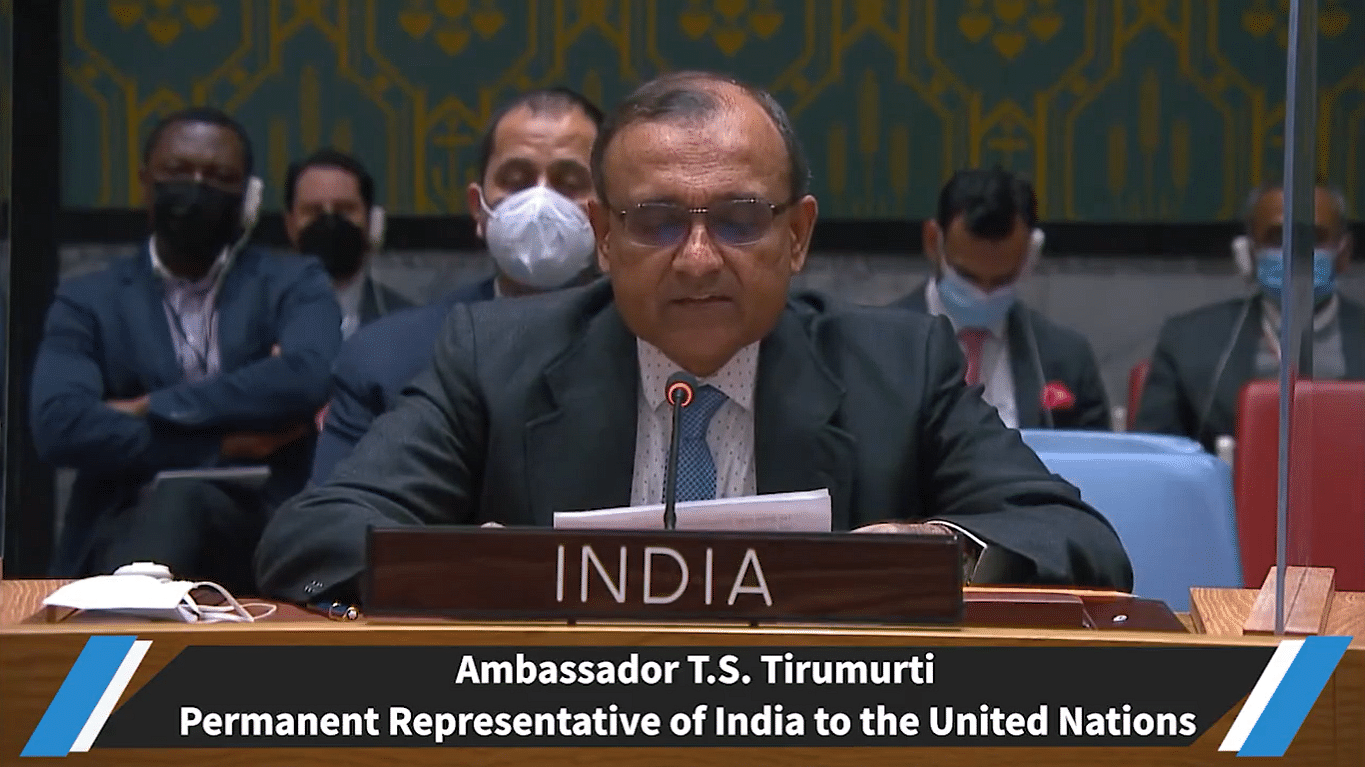


There is a lot of debate about India abstaining from voting on the United Nations Security Council (UNSC) resolution on Russia’s invasion of Ukraine. This is being taken as proof of India siding with Russia, when the reality is anything but. Even a cursory glance through India’s statements in the two UNSC votes that took place in less than a week, will show that India is categorical even while abstaining—that it was deeply disturbed with the turn of events and that territorial violation of any country was against the UN charter. In the first statement of 25 February, India said, “The contemporary global order has been built on the UN Charter, international law, and respect for the sovereignty and territorial integrity of states. All member states need to honour these principles in finding a constructive way forward.” In the second statement of 27 February, India reiterated its position about the global order being “anchored on international law, UN charter and respect for territorial integrity and sovereignty of all states” and how “we are all agreed on these principles”. It expressed its disappointment at the way diplomacy and dialogue had been ignored and sought an immediate cessation of violence and return to the path of diplomacy. There is not one word in support of Russia in either of the two statements, instead in the second statement there is mention of the difficulties that India was facing trying to evacuate its citizens because of the adverse situation on the ground. Also there is constant insistence on pursuing the diplomatic path. In this context, it must be mentioned that there is already a mechanism in place in the form of the Normandy Format of talks involving Russia, Ukraine, Germany and France. The Normandy Format’s second meeting in Berlin—the first one was in Paris on 26 January—took place on 10 February. Even though this meeting ended inconclusively, all the parties involved stated that they should continue with the talks and meet again in March. Hence, it is but natural that India would insist on that particular diplomatic process to be concluded, which includes cessation of violence, before the global community takes a stand on the matter in the UNSC.
Beyond this, there is the larger issue of India’s dependence on Russian defence equipment. In spite of the diversification of the sourcing of materiel in the last few years, there is still considerable dependence on the Russians for maintenance and spare parts. Also there is the neighbourhood challenge. It is not the most sensible idea to alienate Russia and turn it into an enemy when India’s neighbourhood is already a cesspool of animosity, thanks to Pakistan and China. While sooner or later India may have to choose a side, especially if Vladimir Putin decides to escalate matters even further, India cannot afford to alienate Russia at this point in time. Apart from this there is a general belief that Putin was pushed to a corner by the Nato policy of expanding its sphere of influence by constantly reneging on commitments made to Russia of not increasing the number of members until this security alliance starts knocking on Russia’s doors. Although this does not justify Putin’s actions in Ukraine; and India has made the same amply clear in its UNSC stand. The need of the hour is an instant and effective ceasefire, hence Volodymyr Zelenskyy’s insistence that the European Union should immediately add Ukraine to that group is not helping matters, as it may feed into Russia’s perception of facing a threat on its borders and escalate matters further.
Also, whenever it’s a question of taking stands, there is the small matter of quid pro quo. Europe in particular has been completely silent about China’s aggression against India, and the build-up of Chinese forces along the LAC. So for the Europeans to condemn India’s abstention is hypocritical. While India needs to put its own house in order in terms of lessening its dependence on Russian arms, and while there is a serious need to assess its policy where multilateralism starts looking like fence-sitting, to abstain at the UNSC was the right decision under the given circumstances.